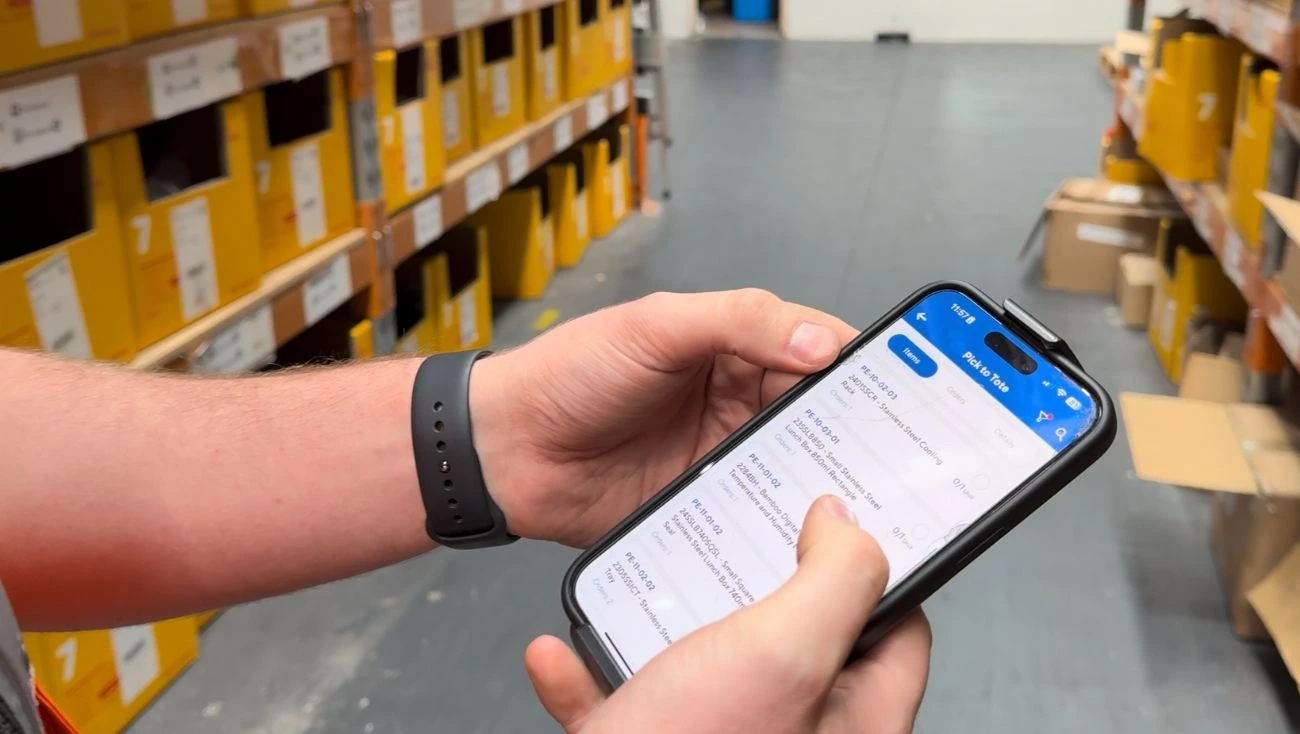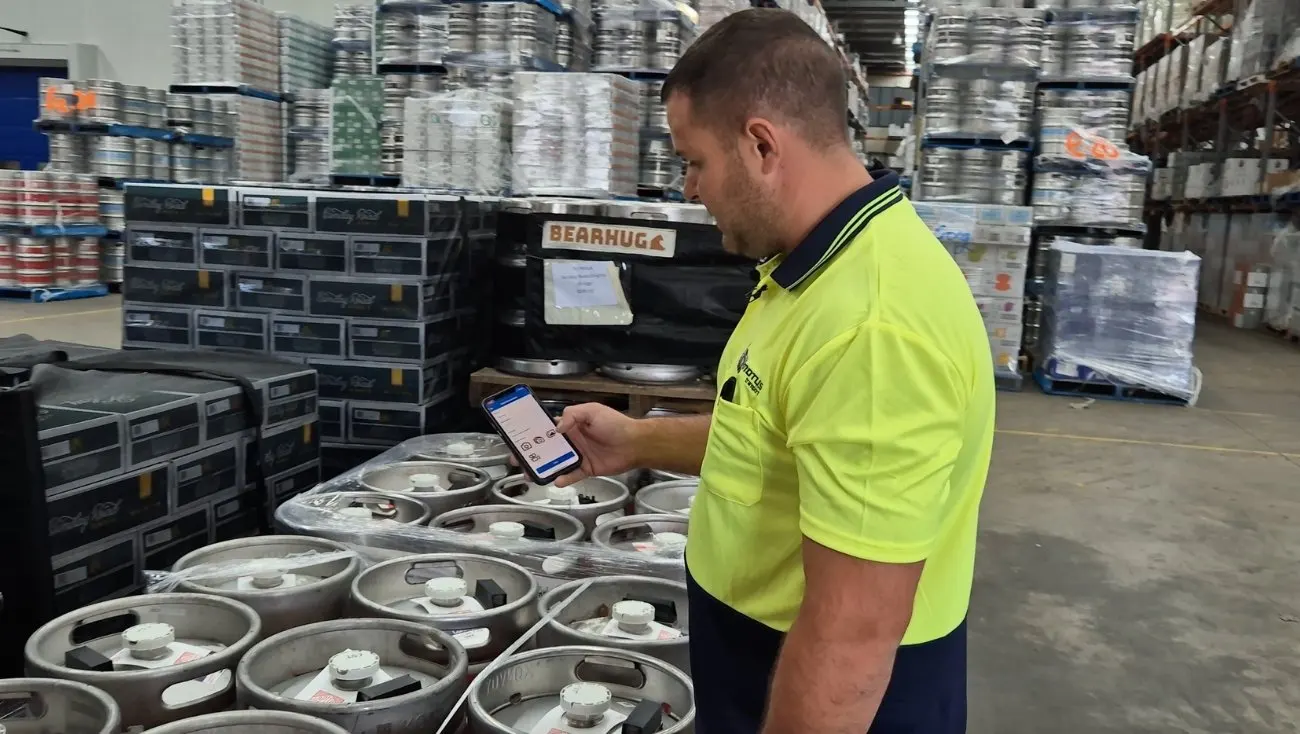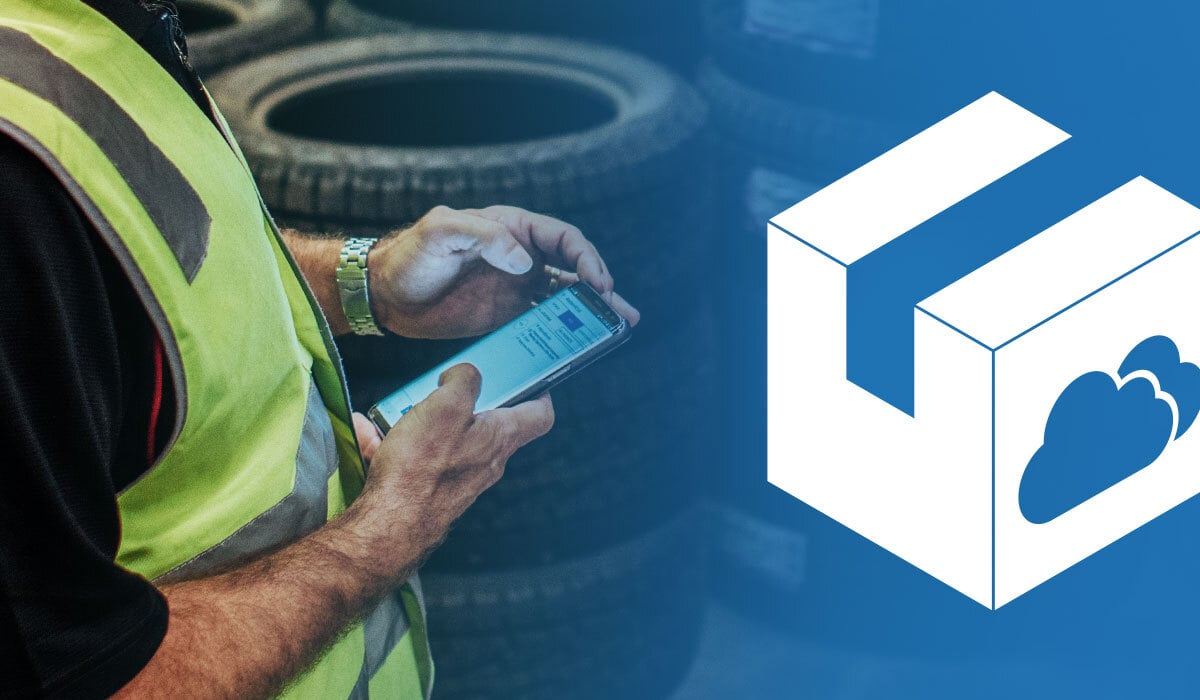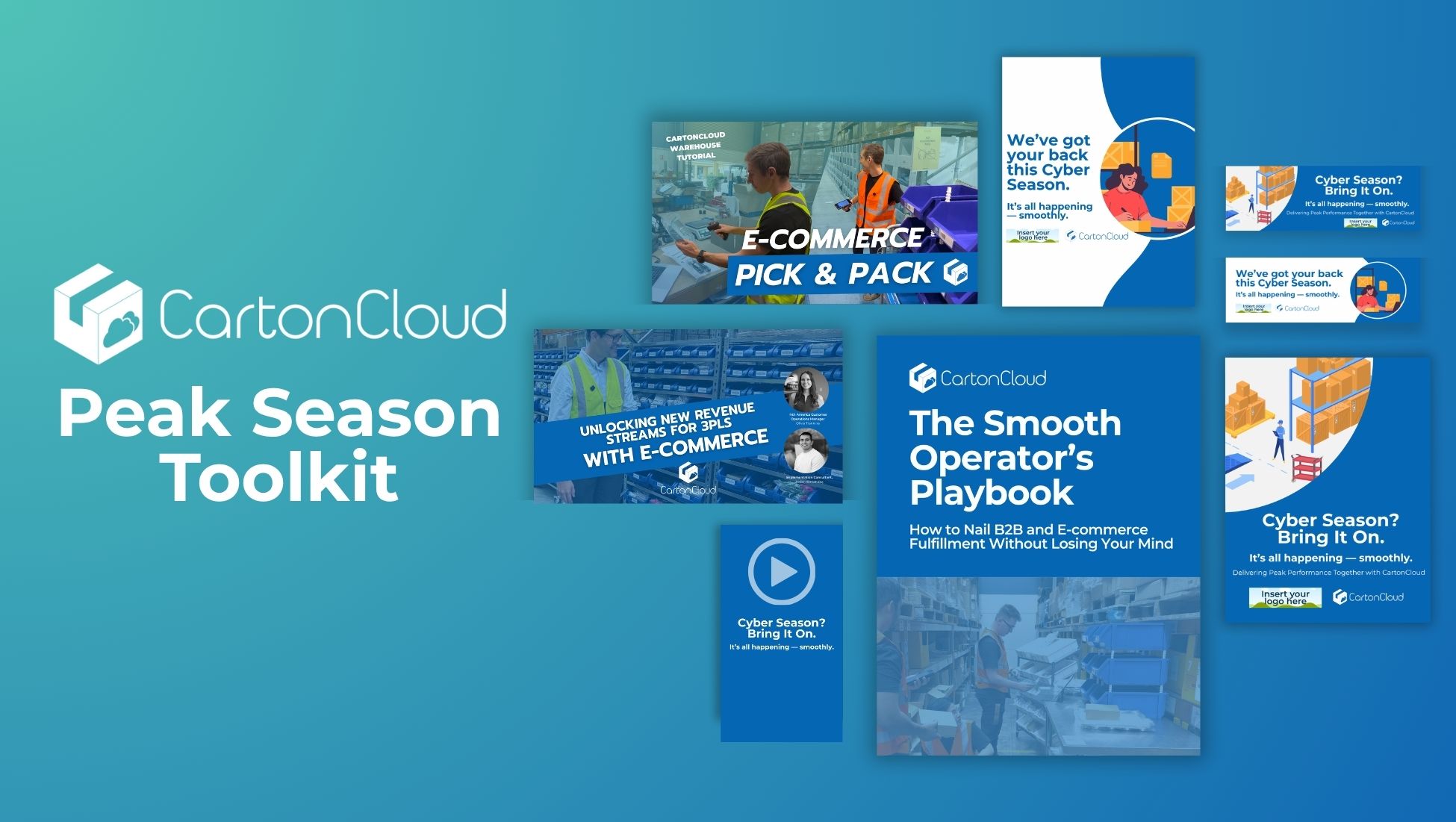What are the benefits of a cloud-based warehouse management system?


While there are a number of technical differences between how cloud-based and desktop-based applications work, the single biggest difference comes from the business model implemented by the software vendor.
Below, we look at how this has a huge effect on after-sale service and support, why so many people have had terrible experiences with B2B software companies in the past, and why that should no longer happen.

Let’s step back to 2003. Desktop applications are the only option on the market, and they’re purchased for a large one-off fee. The price is high because the software company (vendor) needs to price their product such that they make all their money up-front. As software is not a consumable item, once a business has purchased the application, they won’t buy it again, so selling it for a large sum of money is absolutely essential for a niche like warehouse management systems. Second, as there’s very little (or no) money coming in after that initial up-front payment, the vendor continually needs to find new businesses they can sell to just to keep the lights on.
The key issue here is that after the initial sale, the customers success with the product has very little effect on the profitability of the deal. In fact, assuming the vendor provided some level of support free of charge, they would be financially better off to have clients stop using the product shortly after purchasing, as providing support incurs cost.
This model (up-front payment and no/little ongoing) leads to a situation in which the software vendor is NOT aligned with the customer. They’re not financially incentivised to assist or support them long-term in their use of the software. Therefore, it’s no surprise that this has left a large number of B2B software companies with a bad reputation amongst their customers. They weren’t bad people, but their business model dictated they should care greatly about the client right up until the deal was closed, move onto the next as quickly as possible, and provide the bare minimum amount of support as specified in the contract.
Cloud-based software, and most importantly the rise of “Software as a Service (SaaS)” subscription fees mean software companies make profit by retaining clients for as long as possible. As up-front fees are typically very low (or non-existent), the financial reward for the vendor comes from years of subscription fees with the client. This leads to a very different support structure, with support now being essential to ensuring that clients stick around, the software vendors interests are 100% aligned with that of the customer. Ensuring the customer is successfully using the product, and continuing to make the software better and better so they stick around. Plus, they don’t need to find new customers every year just to keep the lights on. With customers continuing to pay for the software each year they have it, the vendor could operate a successful business by simply looking after their existing clients!
With that in mind, the core benefit of a cloud-based warehouse management system (or, should we say SaaS), is that keeping the customer happy is absolutely crucial to the vendor. This leads to vendors actively helping their clients to set up the application and continuing to support them with just as much focus years down the line. Listening carefully to their clients' requests and trying to incorporate them into the product where possible, and keeping a close eye on competitors' products to make sure they’re keeping ahead, and not at risk of losing clients they worked so hard to help.
Subscribe to CartonCloud



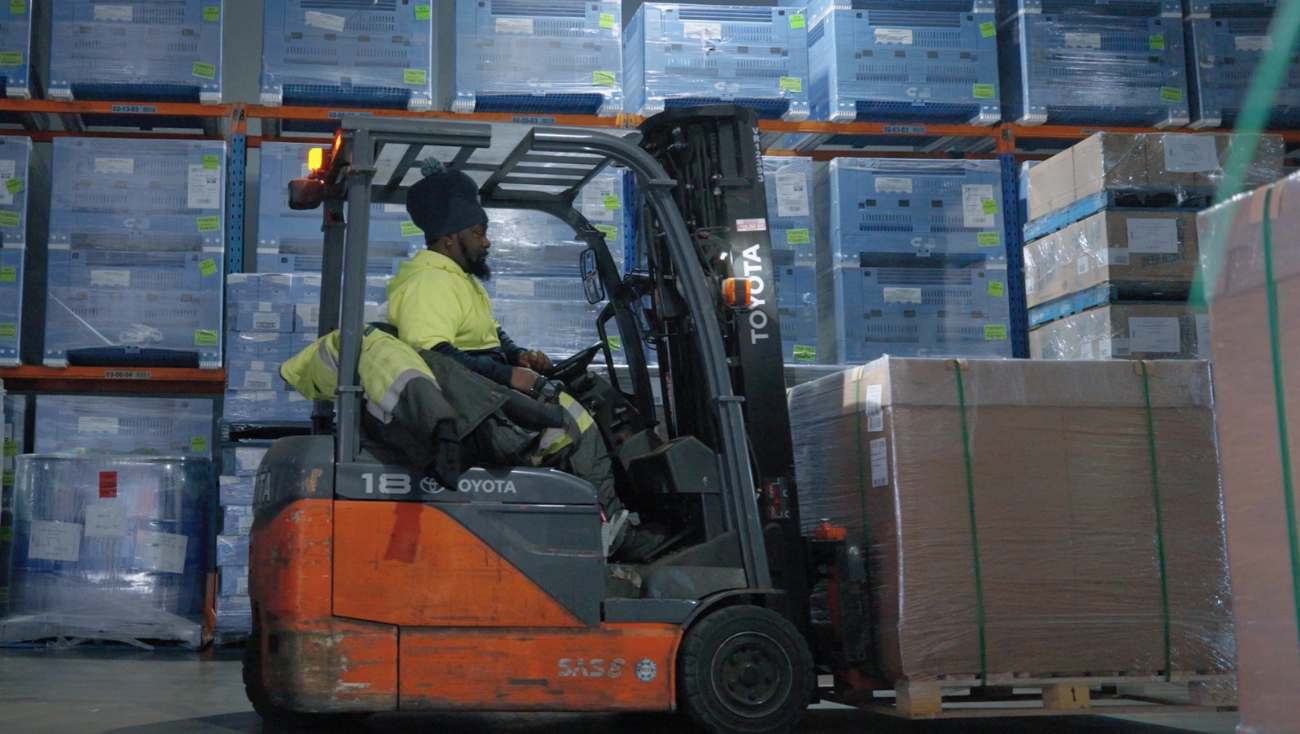
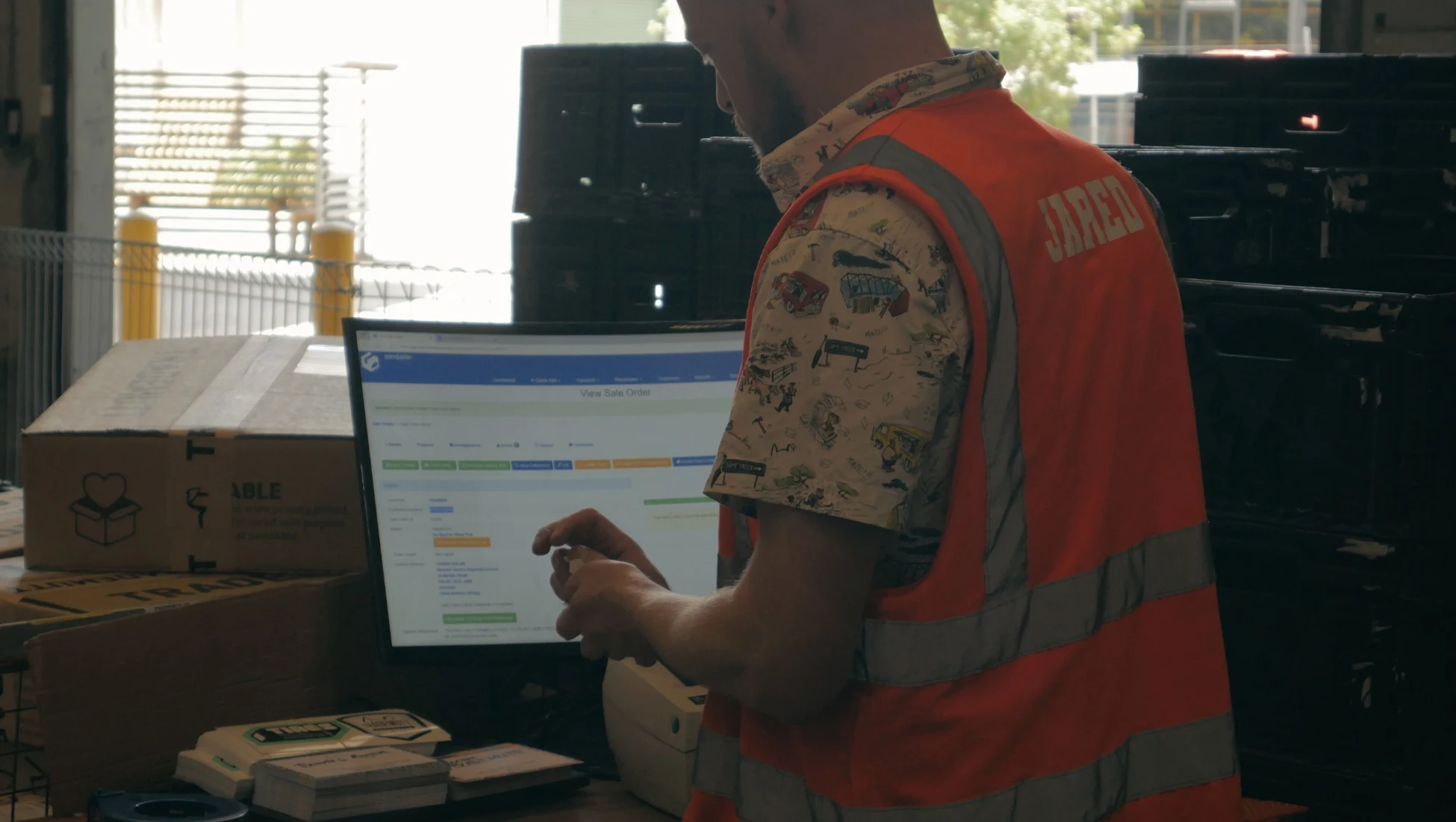
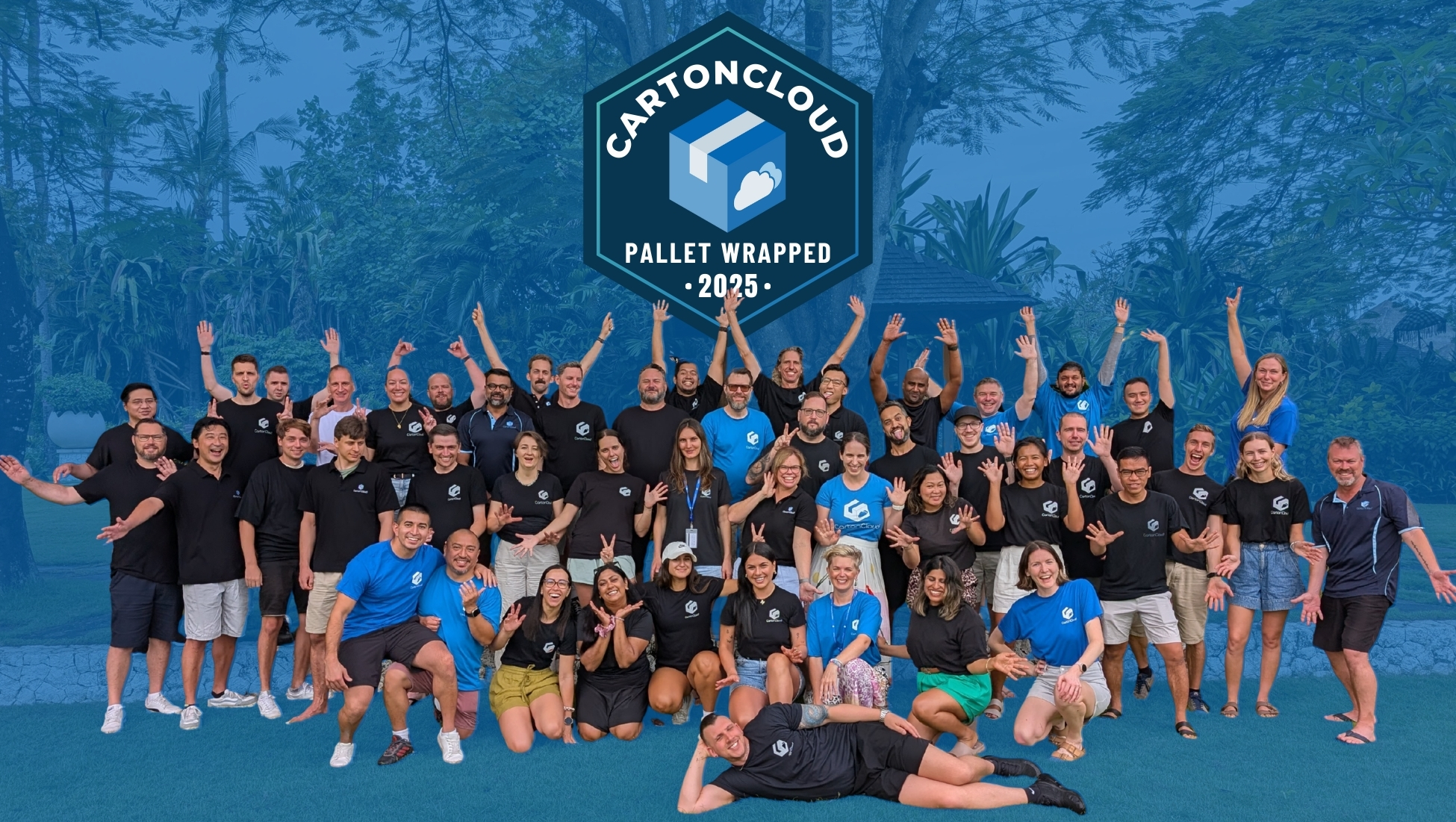
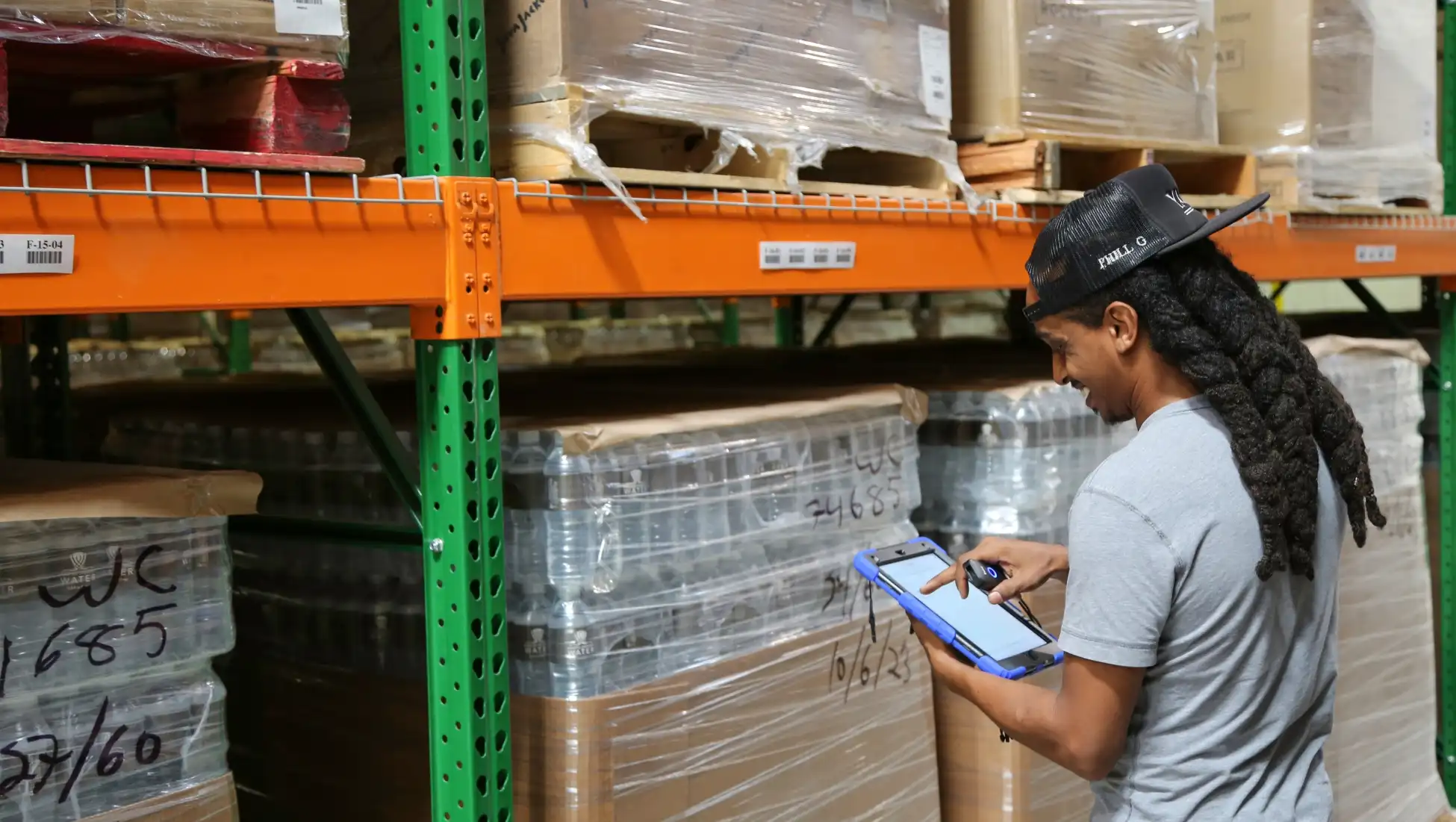
.webp)
